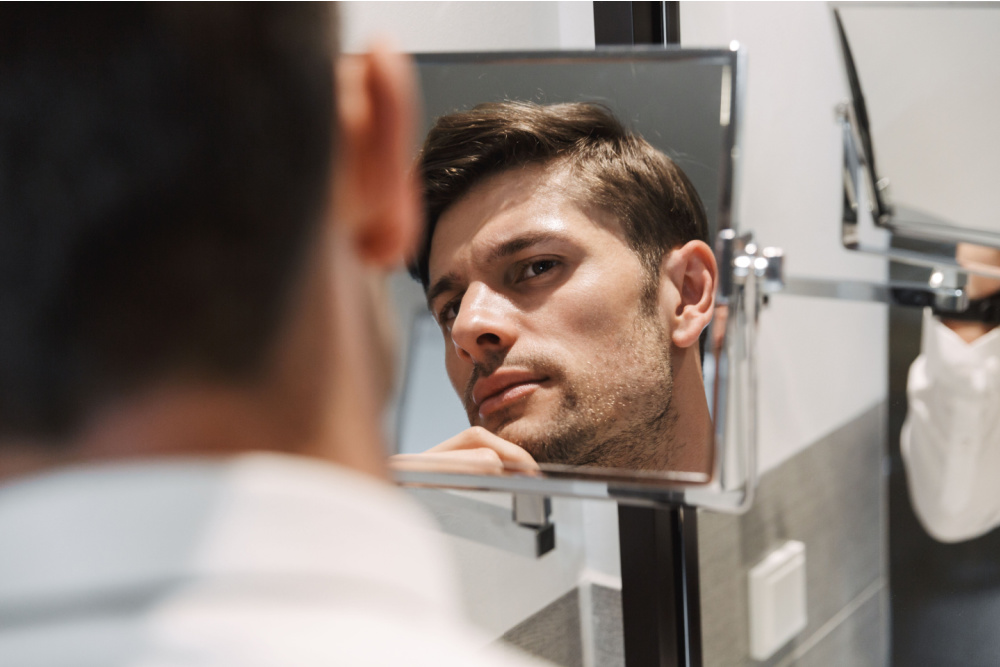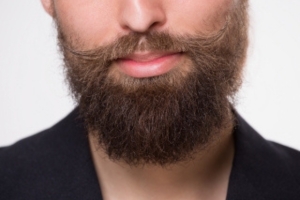
Are you longing for a fuller beard and mustache?
Learn everything about Beard & Mustache Transplant. This guide explores its process, benefits, considerations, and the healing journey.
Beard & Mustache Transplant restores facial hair by moving follicles from scalp to beard/mustache.
FUE or DHI methods can be used for these procedures. Hair taken from back of scalp or other areas. Then, extracted follicles are then carefully transplanted to the beard and mustache areas with thin or no hair. The transplanted hair grows naturally, blending with existing facial hair.

The procedure has many benefits. For example, it restores fullness, filling in gaps and creating a more defined look. Transplanted hair typically continues to grow naturally. So you can get long-lasting results. But, there are also risks, too. Donor area may show small scars or transplanted hair may shed temporarily.
After the procedure, you should handle area delicately post-op and follow prescribed medications. Initial redness and scabbing may occur. Transplanted hair may shed. After shedding, growth usually starts.
In conclusion, Beard & Mustache Transplant offers a path to fuller facial hair. While benefits include enhanced appearance and personalized style, consider potential scarring, and healing time. Through careful aftercare, shedding, and regrowth, you can get the best result.
Let's help you find the most suitable clinics and methods for your treatments as MedClinics. You can contact us 24/7.
FAQ
Generally, a beard transplant can take anywhere from 2 to 5 hours.
It can range from 1000 to 3500€ according to the features of clinics and methods used.
Beard transplant procedures are typically performed under local anesthesia. So, it helps minimize pain and discomfort during the procedure itself. Patients may experience mild discomfort, such as sensations of pulling or tugging, but significant pain is usually not expected.
Request Form
